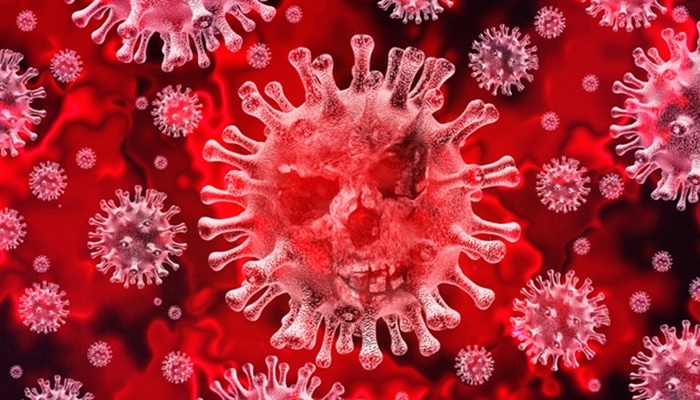
National Population Commission (NPC) says the COVID-19 pandemic has worsened the maternal mortality rate of 556 deaths per 100,000 live births in the country.
The acting Chairman of the commission, Dr Eyitayo Oyetunji, said this on Saturday at a news conference in Abuja to mark the 2020 World Population Day (WPD).
The News Agency of Nigeria (NAN) reports that WPD is annually celebrated on July 11 to raise awareness about sexual and reproductive health needs of people around the world.
The day is an opportunity to take stock of the state of the world’s population, especially those often left behind, particularly women and girls and thereby determine the way forward to ensure their fundamental human rights are upheld.
Oyetunji, who said that this year’s theme of the WPD — Putting the brakes on COVID-19: How to Safeguard the Health and Rights of Women and Girls Now”, affirmed that women and girls were worst affected by the pandemic.
The NPC chairman explained that COVID-19 had impeded women’s access to reproductive health facilities, especially as logistics of getting to health facilities became negatively impacted.
He said that the COVID-19 lockdown had paralysed the informal sector of the economy, which women were mainly employed in.
He added that “although the pandemic is global, some categories of persons are more affected, for example, the informal sector employs 80 per cent of Nigerians.
“And it is mainly made of daily paid workers who are worse hit by the lockdown.
“It is pertinent to mention that because most women in Nigeria are employed in the informal sector, COVID-19 lockdown impacted more negatively on them than the male counterparts.”
Oyetunji expressed concern over the state of poverty among women, which resulted to anaemia occasioned by malnutrition.
The NPC boss, who identified anaemia as a major cause of maternal mortality, said over half of women from the age of 15 to 49 suffer from anaemia.
He pointed out that low usage of contraceptives, as well as unmet needs for family planning were major causes of Sexually Transmitted Infections (STIs) due to unprotected sex, unwanted pregnancies, unsafe abortions.
He then raised an alarm over the continued shutting down of schools due to the lockdown, “which has the possibility of making more girls to drop out of school.”
Oyetunji, who reiterated calls to mitigate the challenges of women and those left behind, commended the Federal Government for initiating numerous programmes to end the practices that negate the rights of women and girls.
“Some of these programmes include the Better Education Service Delivery Programme for Result (BESDA) aimed at rescuing the number of out-of-school children in 17 states of the federation,” he said.
He assured the commission’s continued collaboration with the UN Population Fund (UNFPA) and other development partners to generate data to address cases of women’s health, nutrition, educational attainment and sexual harassment, through surveys and researches as Nigeria Demographic and Health Surveys.
Mrs Ulla Muller, the UNFPA Country Representative, called for synergy to end Gender Based Violence (GBV) and Harmful Traditional Practices (HTPs) against women and girls.
Muller, who condemned the family bias against the girl child and favour for the son, said that violations against the girl child were carried out with the consent of parents.
She said that the COVID-19 pandemic has caused a setback in UNFPA’s progress in the fight against GBV and HTPs.
Muller, however, called for renewed efforts by stakeholders “to change the narrative that one out of every three women has experienced one form of violence or the other.” (NAN)






